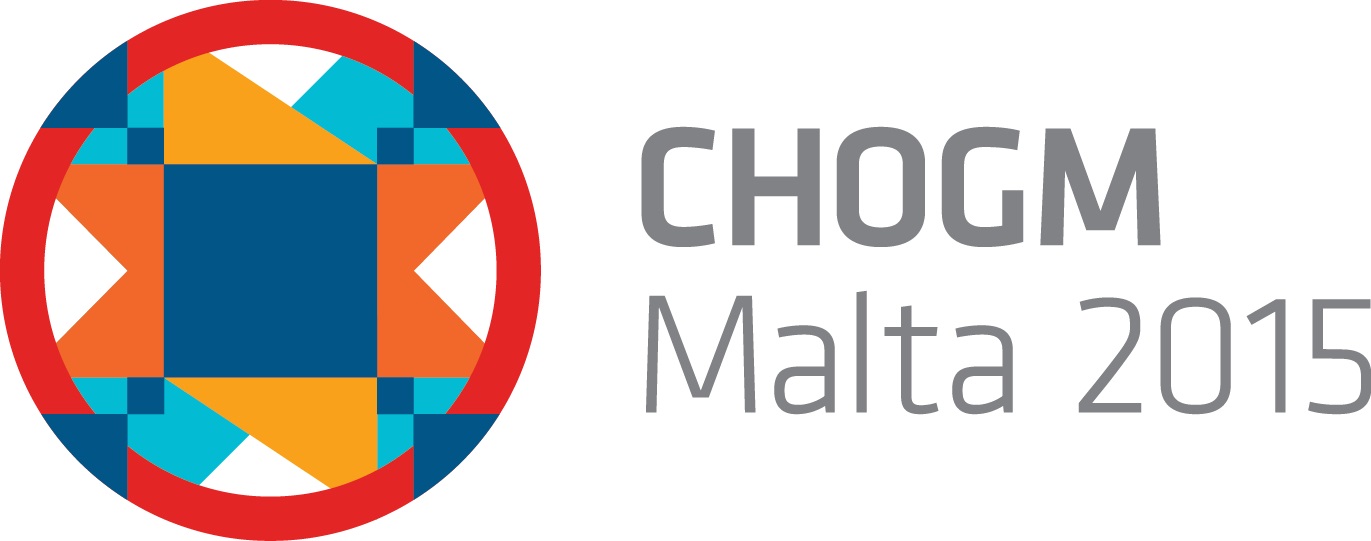
COL President and CEO Professor Asha Kanwar presented on ‘Adding Global Value through learning for sustainable development’ at the Commonwealth Foreign Ministers discussion with inter-governmental organisations Saturday at CHOGM 2015.
“COL believes that learning is the key to sustainable development. Learning must lead to opportunities for economic growth, social inclusion and environmental conservation,” Professor Kanwar said.
Professor Kanwar offered the audience of Commonwealth Foreign Ministers and other stakeholders several examples of how COL adds value, not just to the Commonwealth, but also to the wider global community.
COL is helping to increase access to education through the Virtual University for Small Sates of the Commonwealth (VUSSC), which enables small states to collaboratively develop, adapt and share courses and learning materials. Courses developed for VUSSC are being offered in 10 institutions in eight countries around the world.
By promoting open educational resources (OER) as a cost-effective way to expand access to education materials, COL is influencing a global audience. COL played a significant role in organizing the 2012 World OER Congress with UNESCO, which resulted in the Paris OER Declaration that led to the development of OER policies in South Africa, Mauritius, India and several non-Commonwealth countries including China, Indonesia, Netherlands and Argentina.
Resources developed for COL’s Commonwealth Certificate for Teacher Integration programme, which aims to improve the quality of teaching using ICT as a tool, have been used by UNESCO in non-Commonwealth countries such as Oman and Mali. COL has also provided technology-enabled learning to support field staff working with international organisations such as the World Bank, WHO and the UN Refugee Agency (UNHCR).
COL is enabling local communities to increase food security through its Lifelong Learning for Farmers project, which is being implemented in seven countries. Research shows that for every dollar invested, income and assets worth $9 have been generated among farmers who became lifelong learners using basic mobile phones.
COL is supporting learning in communities challenged by low literacy through mobile learning technology. COL partnered with the University of British Columbia (UBC) to develop Learning through Interactive Voice Educational System, or “LIVES,” a mobile phone-based learning management system that uses audio-based learning. With support from Partnership-Afghanistan Canada, UBC students developed a course on child development for Afghan families. This approach to learning is showing that technology, when combined with distance learning systems that involve local communities, can play a major role in improving lives in conflict regions and post-conflict societies.
By partnering with educational institutions on MOOCs that provide high-quality, accessible learning experiences, COL is reaching thousands of learners throughout the Commonwealth and beyond. When combined with open and distance learning (ODL) methods, MOOCs present unprecedented opportunities in sustainable development. Mobiles for Development, which was offered in partnership with the Indian Institute of Technology Kanpur, focused on mobile phones as devices to augment sustainable development. The MOOC attracted 2,282 learners from 116 countries.
“COL adds global value by promoting learning for sustainable development, supporting innovations for affordable and accessible technologies and by serving the last person in the queue,” Professor Kanwar said to end her address.
Read more about how COL is Adding Global Value through learning for sustainable development.


